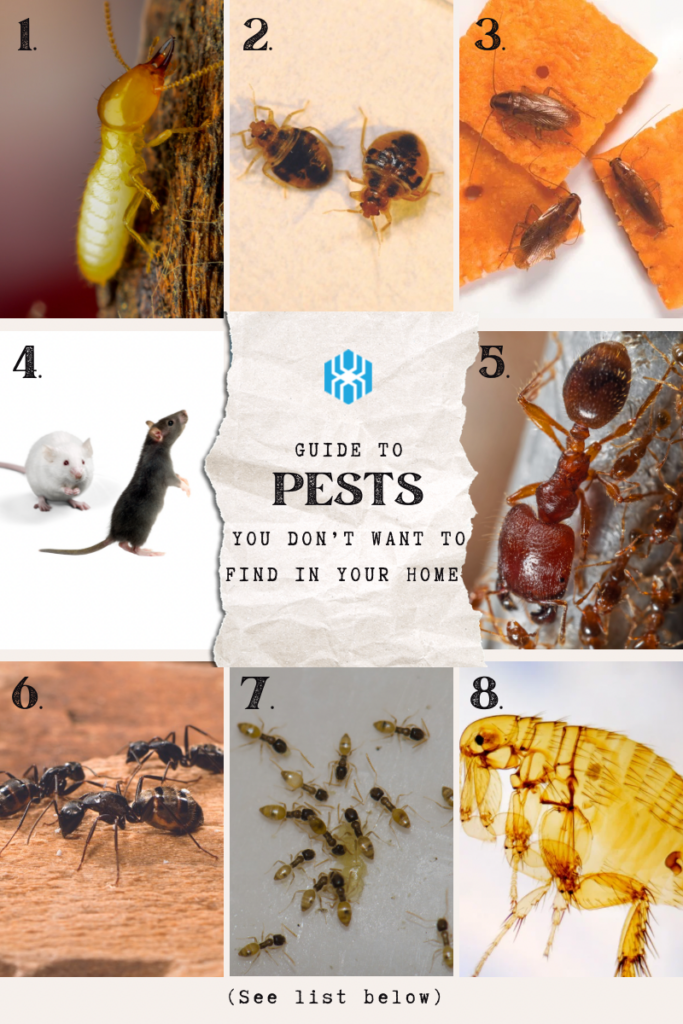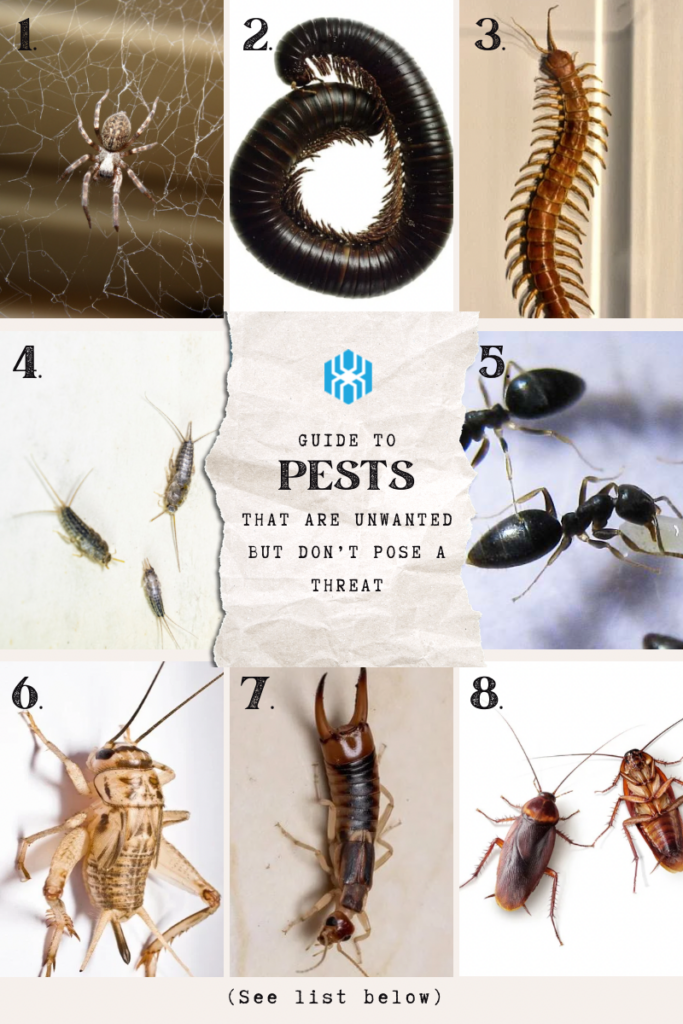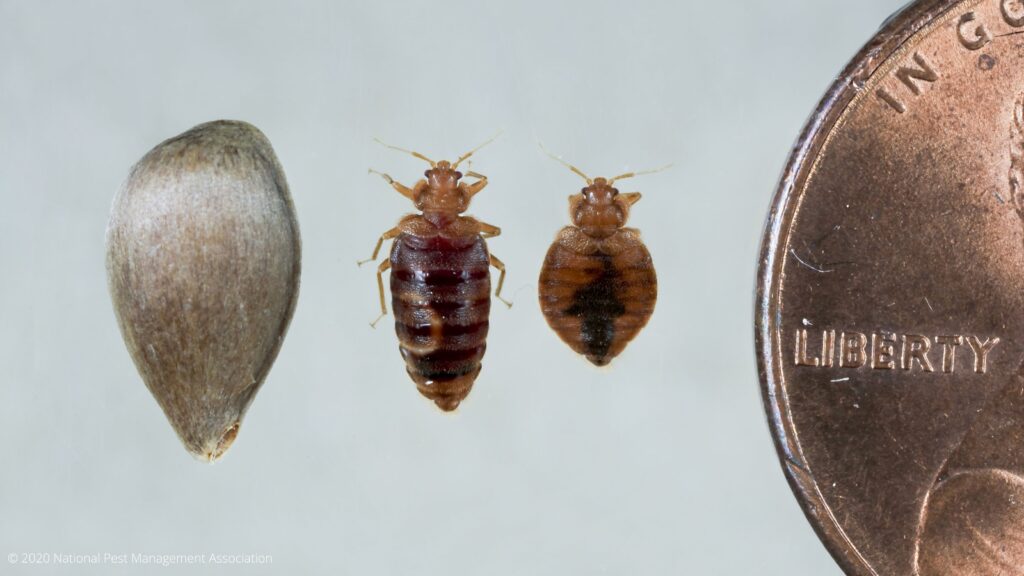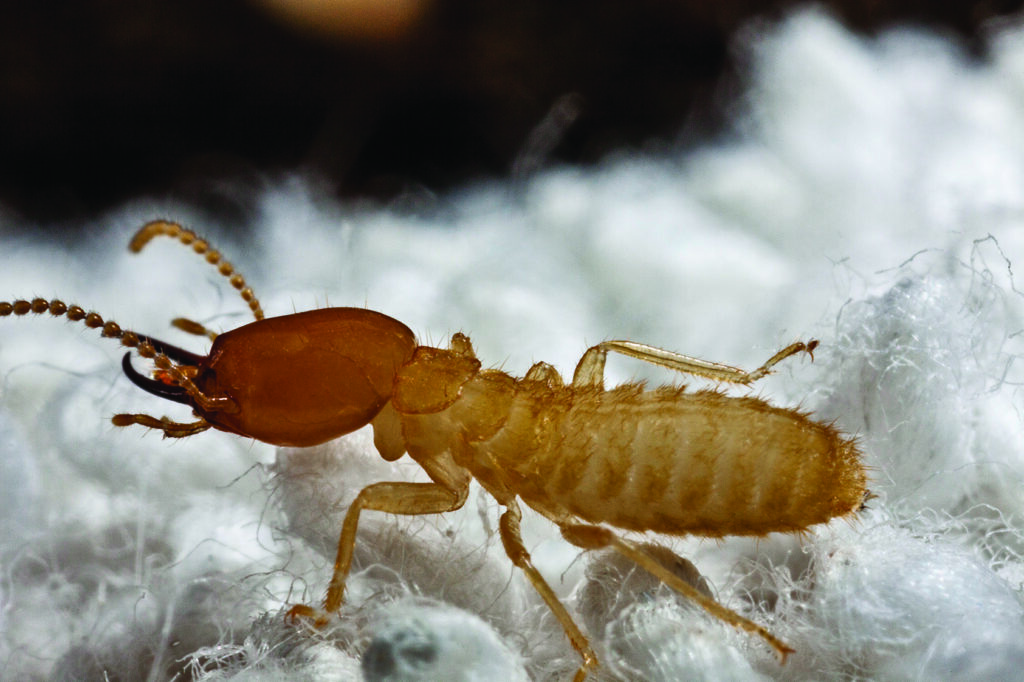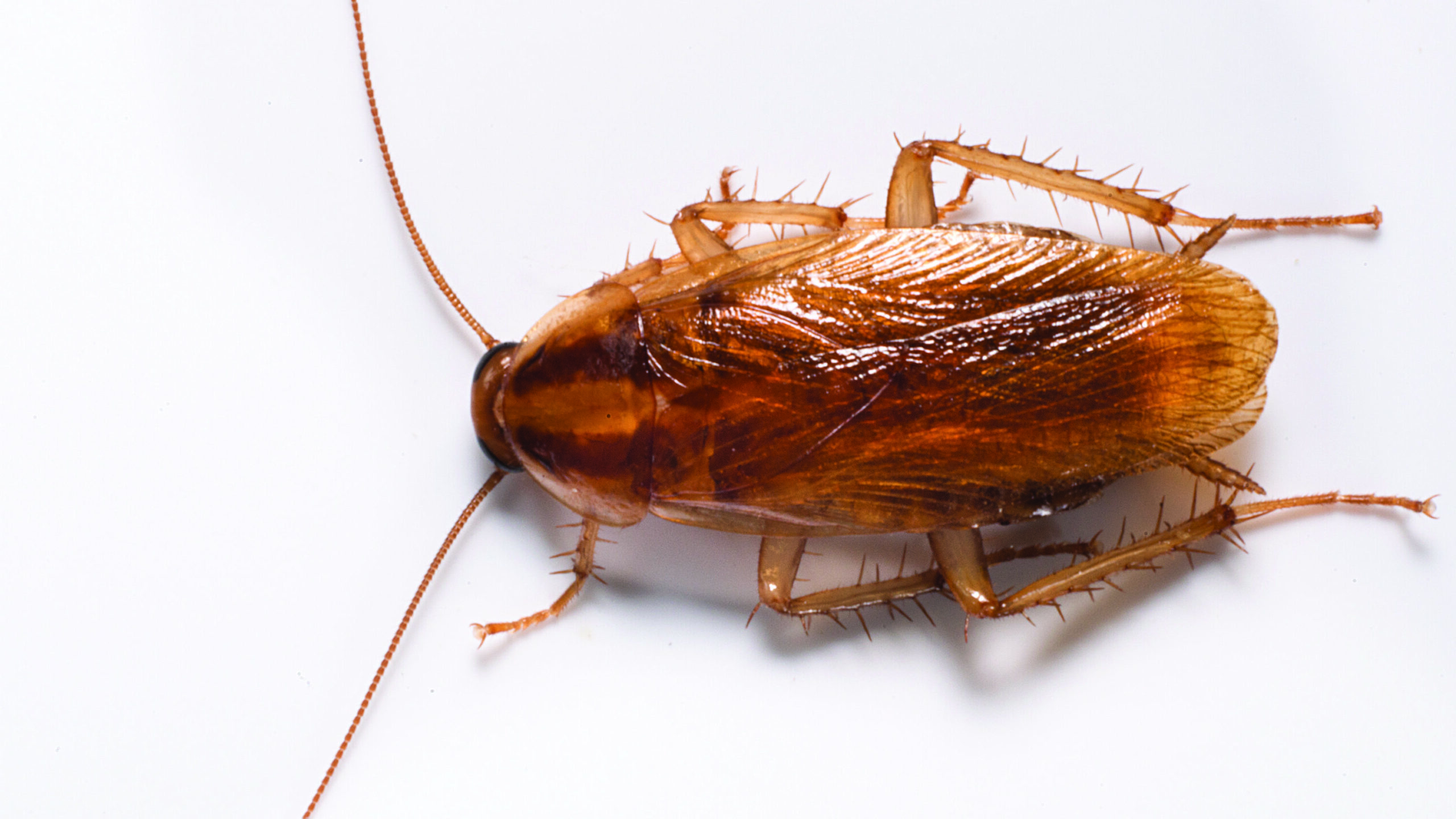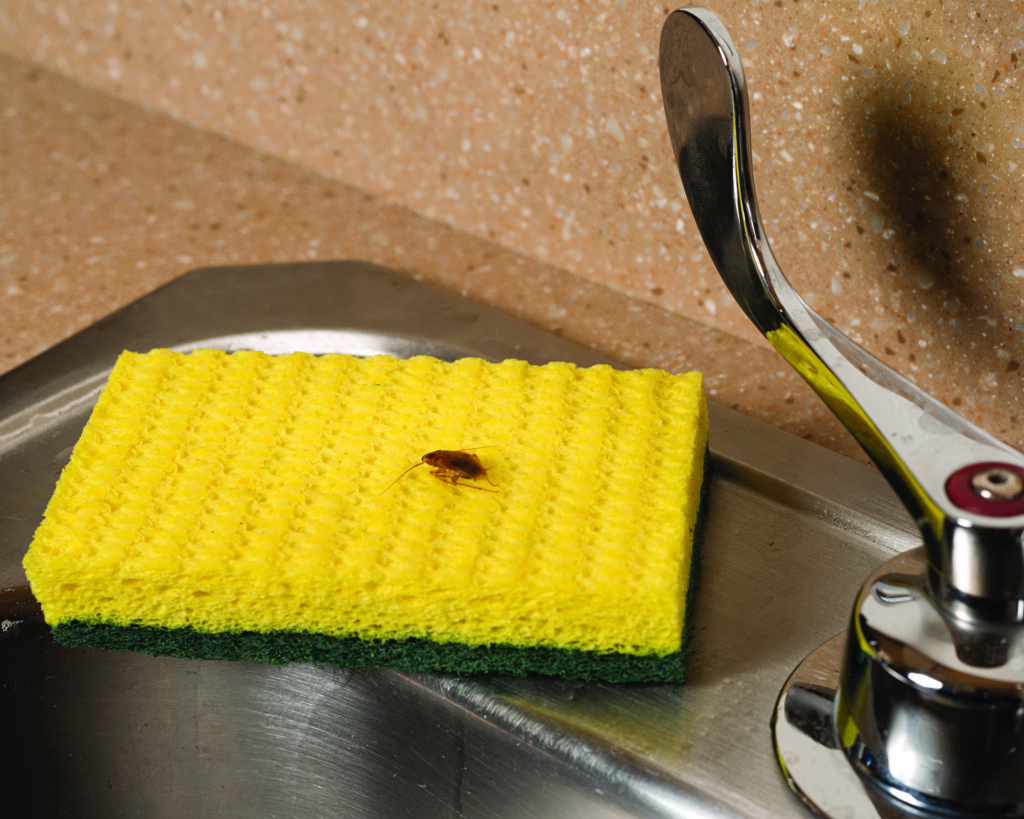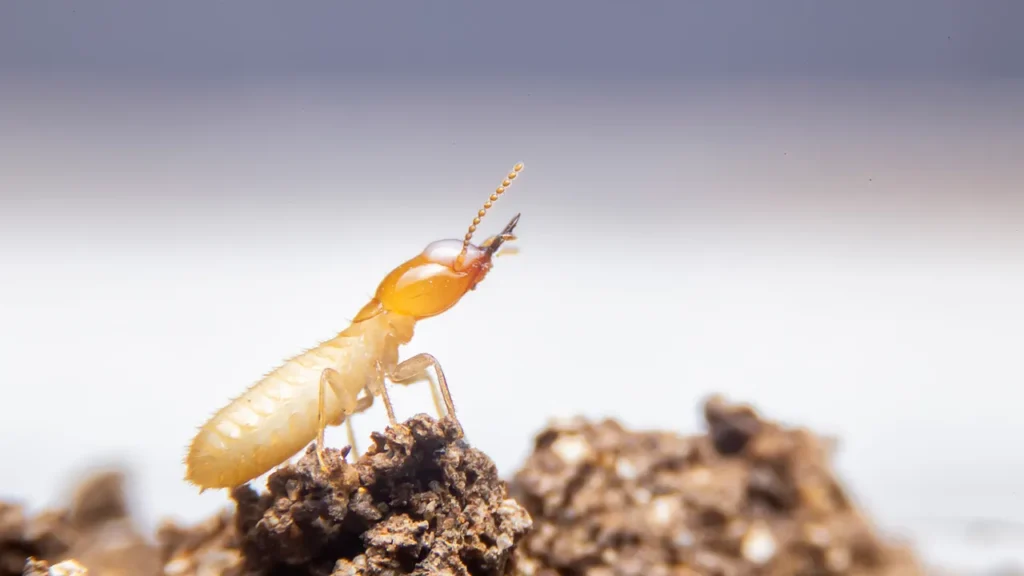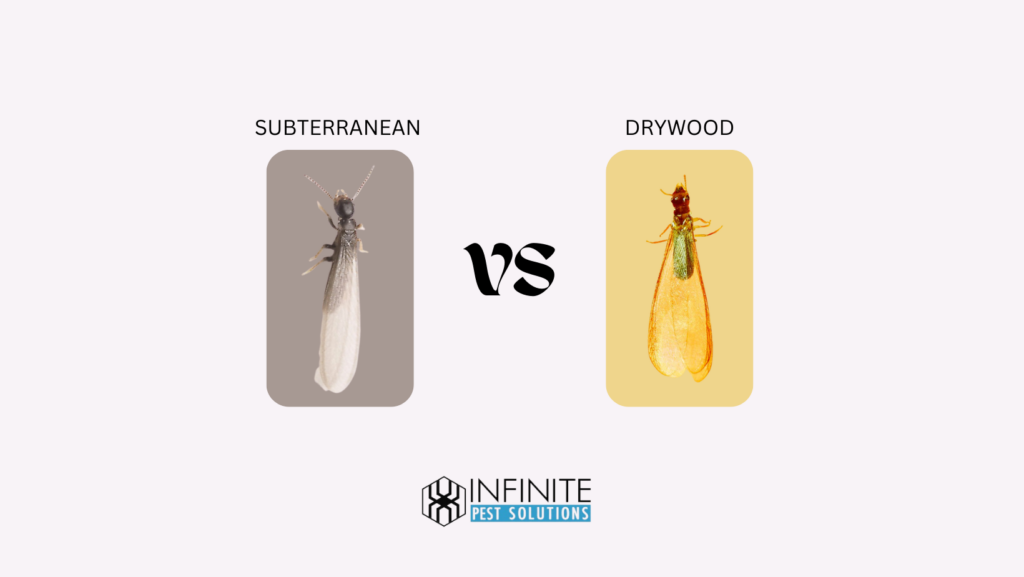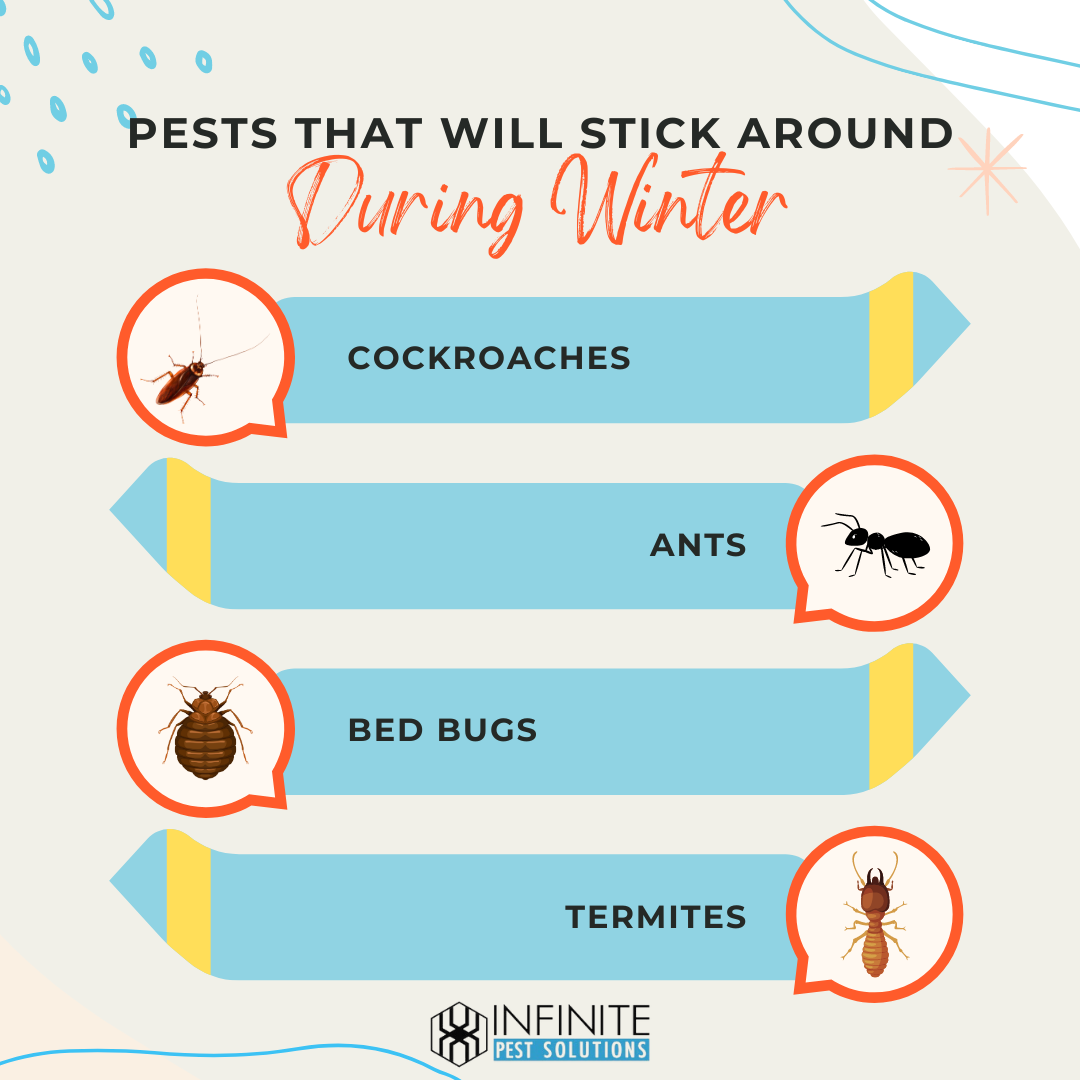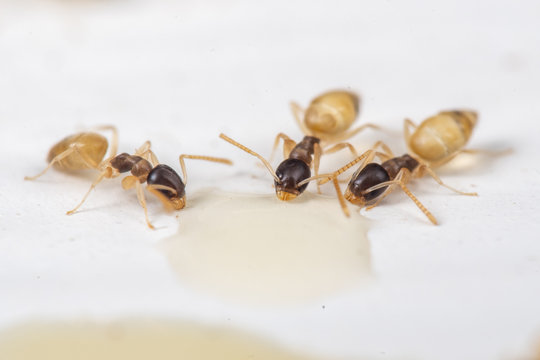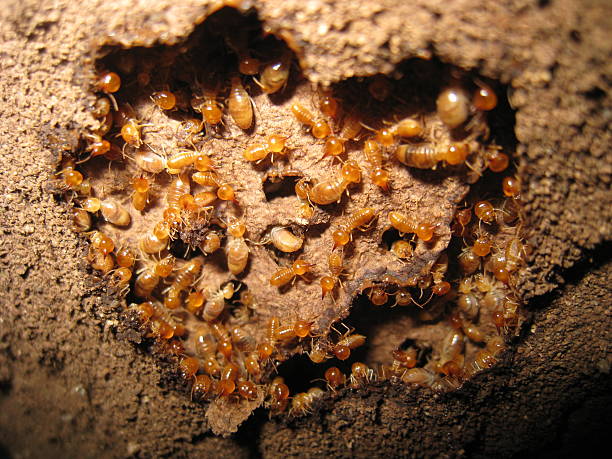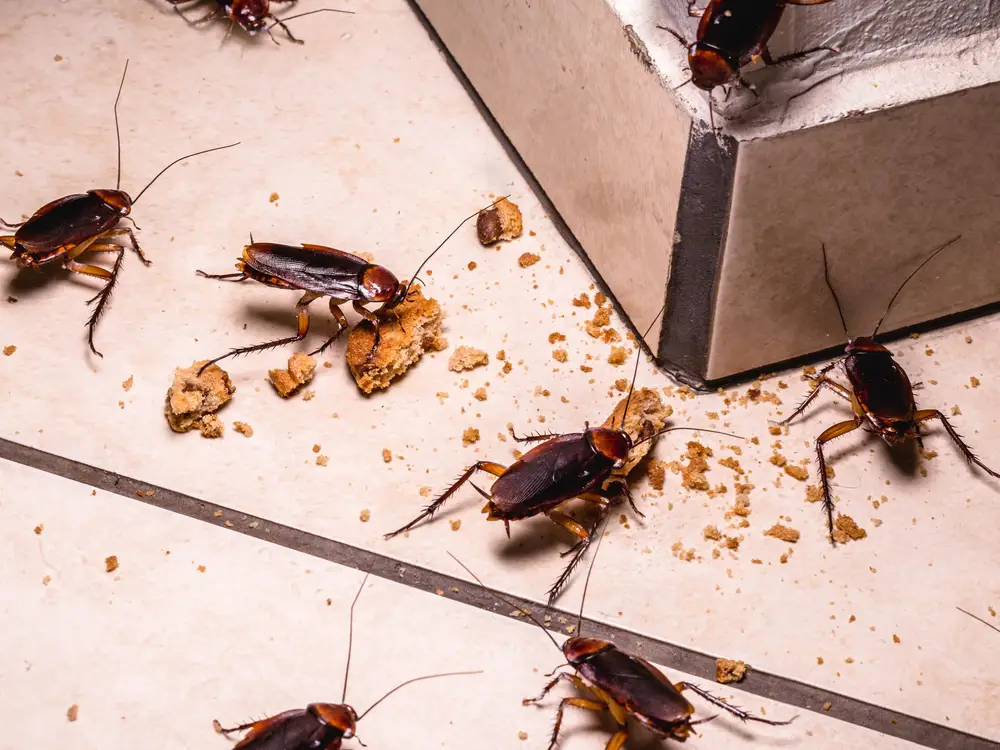Termites are a common concern for homeowners, especially in areas prone to these destructive pests. With the potential to cause significant structural damage, understanding termite behavior and effective control methods like the Sentricon System is crucial. Explore the world of termites with us and how Sentricon offers a reliable solution to protect your home.
What Are Termites?
Termites are small, wood-eating insects that can cause extensive damage to homes and other wooden structures. They are often mistaken for ants but are distinctly different in their behavior and the threat they pose on your home. Termites are divided into different types, subterranean and drywood – with subterranean termites being the most destructive. Florida faces significant threats from termites due to its warm and humid climate, which creates ideal conditions for termite activity.
Key Characteristics of Termites:
- Social Insects: Termites live in large colonies with a well-defined caste system.
- Silent Destroyers: They can cause extensive damage without immediate signs, leading to costly repairs.
- Feeding Habits: Termites feed primarily on cellulose, a component found in wood.
The Threat of Termites to Your Home
Termites can silently eat away at the structure of a home, often going unnoticed until significant damage has been done. They can:
- Weaken the structural integrity of a building.
- Cause costly damage, often not covered by standard homeowners’ insurance.
- Reduce the value of your property.
In general, a termite queen is capable of laying eggs continuously throughout her lifespan, which can range from several years to decades.
In some termite species, such as subterranean termites, the queen can lay thousands of eggs per day under optimal conditions. This high reproductive capacity is essential for the colony’s survival and growth. As the primary reproductive member of the colony, the queen’s sole responsibility is to produce offspring to sustain and expand the colony.
What is Sentricon?: An Effective Termite Control Solution
Sentricon is a scientifically designed termite control system that offers a strategic approach to eliminating termite colonies. It is an environmentally friendly option that targets termites without the widespread use of chemicals.
How Does Sentricon Work?
Bait Stations: Sentricon uses bait stations placed around the perimeter of your property.
Termite Attraction: The bait in these stations attracts foraging termites.
Elimination: Termites feed on the bait and share it with the colony, leading to the colony’s collapse.
Benefits of Sentricon:
- Environmentally Friendly: Less invasive and uses less chemical than traditional termite treatments.
- Continuous Protection: Offers ongoing monitoring and protection against future infestations.
- Proven Effectiveness: Scientifically proven to eliminate entire termite colonies.
Why Choose Sentricon for Your Home?
Peace of Mind: Knowing your home is protected from termite damage.
Cost-Effective: Prevents expensive structural repairs caused by termite damage.
Professional Installation and Monitoring: Certified professionals install and monitor the Sentricon system, ensuring its effectiveness.
Protecting Your Home with Sentricon
Termites pose a significant threat to homes, but with Sentricon, you can effectively safeguard your property and your home. By understanding the behavior of termites and the benefits of the Sentricon system, homeowners can make informed decisions to protect their most valuable asset. Remember, early detection and proactive measures are key to preventing termite damage. Trust Infinite Pest Solutions, your certified Sentricon Specialists, to keep your home safe and termite-free with the best termite control system.


